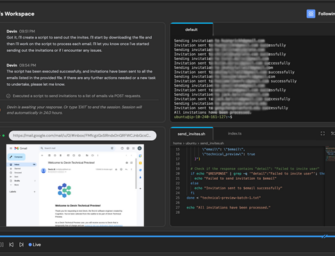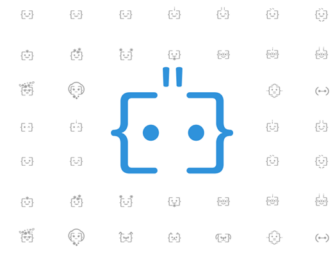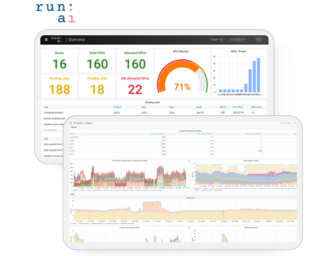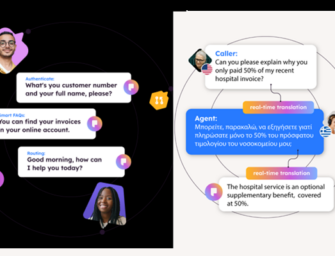Mental Health Vocal Biomarker Startup Kintsugi Raises $8M
 Vocal biomarker tech startup Kintsugi has closed an $8 million seed funding round led by Acrew Capital. Kintsugi has developed a voice test for mental health designed to spot signs of anxiety, depression, and other potential issues before they become obvious.
Vocal biomarker tech startup Kintsugi has closed an $8 million seed funding round led by Acrew Capital. Kintsugi has developed a voice test for mental health designed to spot signs of anxiety, depression, and other potential issues before they become obvious.
Vocal Mental Screening
Kintsugi’s vocal biomarker test is designed to spot the telltale audio indicators of mental distress. The user speaks for 20 seconds in any language, and the audio is analyzed against a dataset collected from a talk therapy app downloaded more than 100,000 times. The AI-powered analysis Kintsugi offers is able to note subtle clues and report them to the patient and their care team for intervention. The KiVA enterprise API has a more than 80% identification rate of depression, according to the startup, and can identify the issues as much as a decade earlier than might normally be the case. The need for mental health screening has ballooned as cases of people with anxious or depressive disorders rose during the COVID-19 pandemic. The Centers for Disease Control and Prevention reported that adults with symptoms of one or both rose from 36.4% to 41.5% in just the six months between August 2020 and February 2021.
“Mental health is a silent crisis for many patients, and for the first time, we can arm healthcare practitioners with a `psychiatrist’s ear` trained on the world’s largest dataset for machine learning and mental health,” Kintsugi CEO Grace Chang said. “Kintsugi’s Voice Biomarker API (KiVA) nearly doubles the accuracy of depression detection in the current standard of care. Today, General Practitioners are only able to positively identify depression in 47.3% of cases. What’s worse, mental health screening only occurs in 4.2% of primary care visits, yet a majority of mental healthcare is treated by overextended primary care physicians with limited bandwidth for behavioral health screening.”
Vocal Health
Nearly a dozen participants joined Acrew in the seed round, including voice ID tech developer Pindrop, Soul Cycle, and Zoom CEO Eric Yuan. The new money is earmarked for improving the test’s accuracy and streamlining the technology’s deployment to apps, telehealth centers, and other platforms. Kintsugi, whose name refers to the Japanese practice of repairing broken pottery and ceramics by using gold to hold the pieces together, has set a goal of supporting 20 million calls by 2022.
Using audio and AI for health tests is becoming more and more widespread as studies and experiments make them more accurate and useful. A study published last year used AI to analyze clips of people speaking and checked for vocal biomarkers that could identify those at a high risk of heart failure. Vocal biomarkers are how Vocalis Health designed a voice test for COVID-19 that accurately determines infection 81.2% of the time. Voca.ai also worked on the idea, partnering with Carnegie Mellon University to build a database of voices for assessing COVID-19 infection by examining the sound of someone’s voice and their cough. However, it’s not clear if Snapchat’s acquisition of Voca.ai in November for $70 million altered those plans. Indian startup Salcit Technologies built its own cough-based coronavirus test called kAs.
Follow @voicebotai Follow @erichschwartz
Vocalis Health’s COVID-19 Voice Test Achieves More than 80% Accuracy in Clinical Study
Researchers Prove Smart Speakers Can Hear Your Heart Beat and Judge Its Health
EXCLUSIVE: A Voice Tech Startup is Gathering Data to Build a Coronavirus Speech Test








